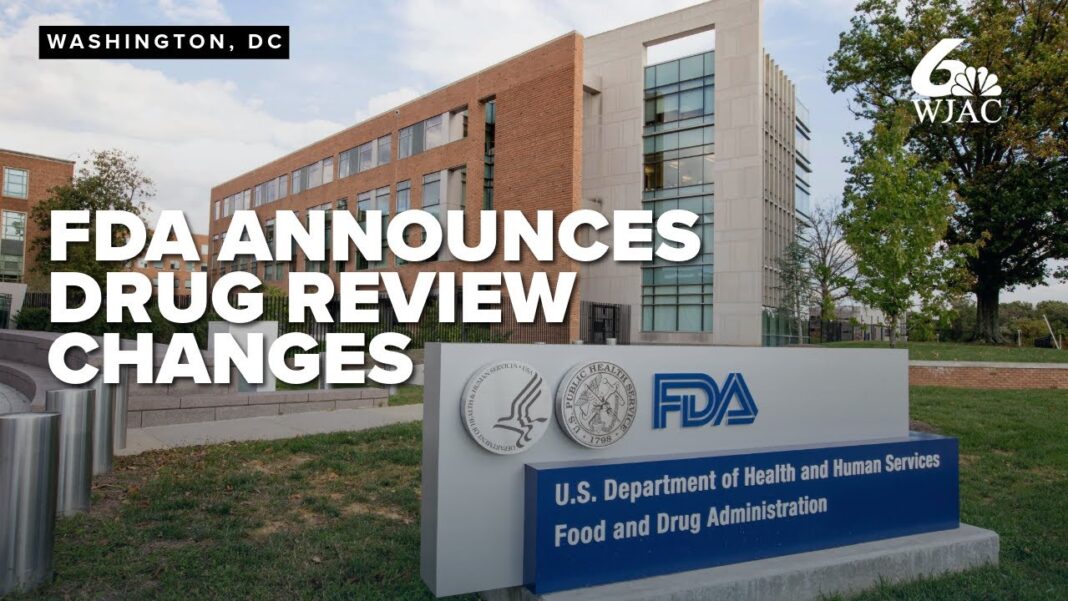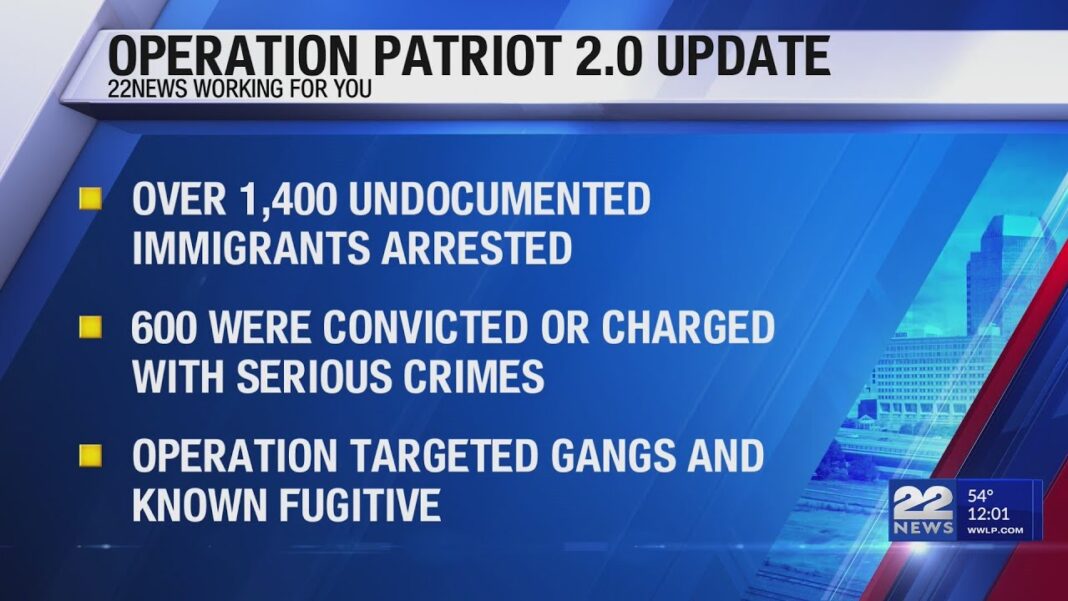‘We must modernize the review process and try new approaches to meet the needs of the American people,’ FDA Commissioner Dr. Marty Makary said.
The Food and Drug Administration (FDA) on Oct. 16 announced the first batch of drugs that will receive expedited reviews under the Commissioner’s National Priority Voucher (CNPV) pilot program.
“Voucher recipients will receive a decision within 1–2 months following filing of a complete application for a drug or biologic,” the FDA said, far outpacing the previous timelines.
Currently, the FDA’s accelerated approval track, reserved for therapies targeting life-threatening illnesses, usually takes about six months, and routine reviews last up to roughly 10 to 12 months.
The new CNPV process “accelerates the standard 10–12 month timeline by convening a multidisciplinary team of physicians and scientists for a team-based review, interacting frequently with the sponsor to clarify questions, and completing review of the application concurrently,” the FDA said in a statement.
“Once all streamlined review steps are complete, the team will convene for a 1-day ’tumor board style’ meeting.”
The drugs include teplizumab for Type 1 diabetes, cytisinicline for nicotine and vaping addiction, DB-OTO for deafness, cenegermin-bkbj for blindness, RMC-6236 for pancreatic cancer, bitopertin for porphyria, and Augmentin XR for the domestic manufacturing of a common antibiotic, the FDA said.
Several of the medications are alternatives to pricier treatments already established in the U.S. market, potentially leading to competition and lower costs for patients.
In a White House briefing, President Donald Trump highlighted Pergoveris, an injectable medication used in Europe to support in vitro fertilization (IVF) procedures, which will also receive an expedited review.
“This drug would directly compete against a much more expensive option that currently has a monopoly in the American market, and this will bring down costs very significantly,” Trump said during a news conference at the White House.
The administration anticipates that the drug could substantially lower the financial burden of IVF for families, in line with commitments made during Trump’s campaign to improve reproductive health affordability.








